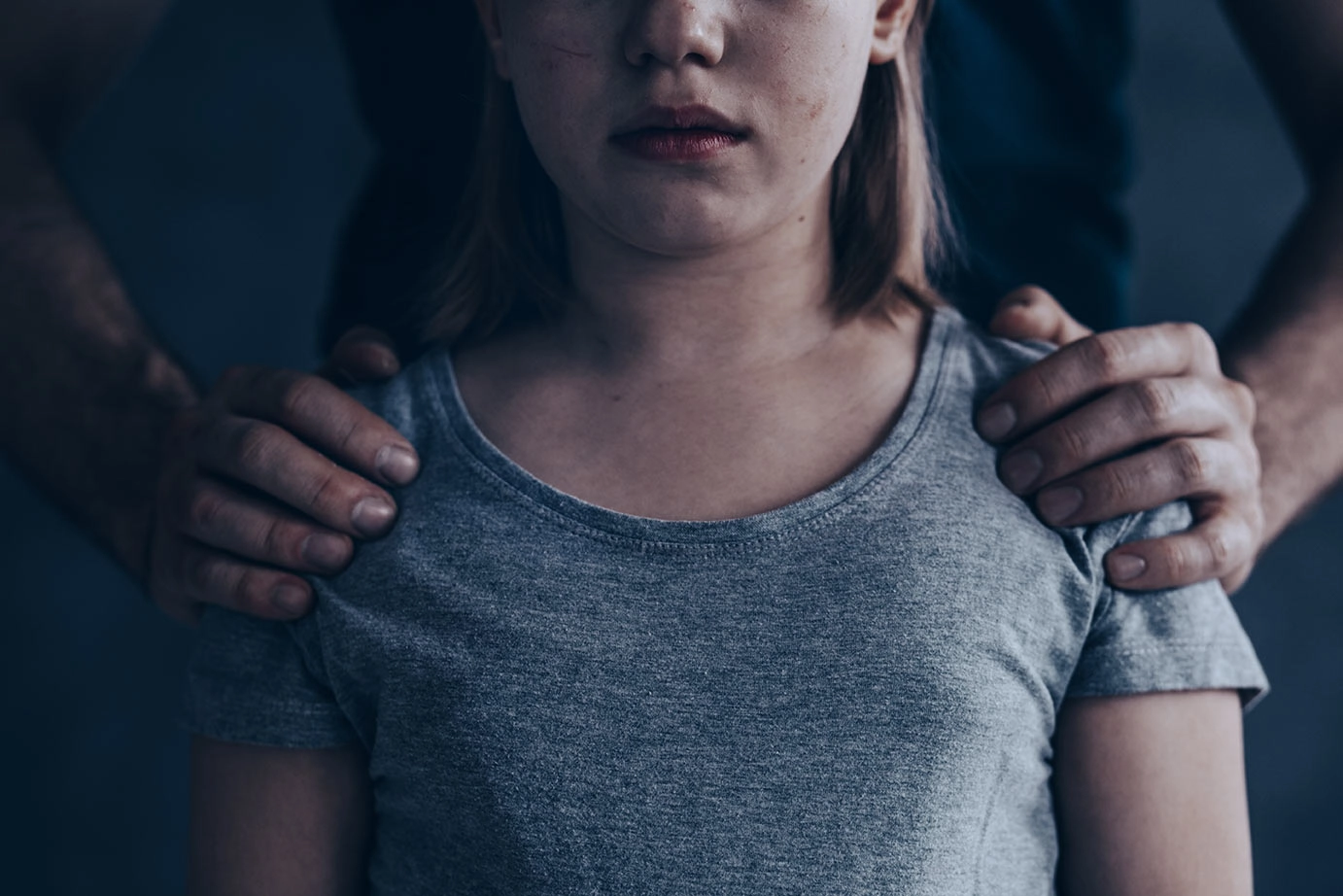Child abuse refers to any act or failure to act on the part of a parent, caregiver, or other adult that results in harm, potential for harm, or threat of harm to a child. This can include physical abuse, sexual abuse, emotional abuse, neglect, or exploitation.
A pedophile is an individual who has a primary or exclusive sexual attraction to prepubescent children. It’s important to note that not all individuals who sexually abuse children are pedophiles, and not all pedophiles sexually abuse children.

Exploring the Complexities and Treatment Approaches
Pedophilia is a complex and often misunderstood psychological disorder characterized by a persistent sexual attraction to prepubescent children. It is important to approach this topic with sensitivity and understanding, recognizing that pedophilia is a mental health condition that requires comprehensive assessment and treatment. In this article, we will delve into the nuances of pedophilia, including its prevalence, potential causes, and treatment approaches.
Prevalence of Pedophilia
Estimating the prevalence of pedophilia is challenging due to underreporting and societal stigma associated with the condition. Research suggests that approximately 1-5% of adult males may experience pedophilic desires or behaviors, with a smaller proportion being diagnosed with Pedophilic Disorder according to the Diagnostic and Statistical Manual of Mental Disorders (DSM-5). It’s important to note that pedophilia can affect individuals of any gender, although it is more commonly observed in males.

Understanding the Causes
The causes of pedophilia are multifaceted and not entirely understood. While there is no single factor that determines the development of pedophilic attractions, research indicates that a combination of biological, psychological, and environmental factors may contribute to its onset. Some studies suggest that alterations in brain structure and function, particularly in areas associated with sexual arousal and impulse control, may play a role in predisposing individuals to pedophilic desires. Additionally, early life experiences, such as childhood trauma or exposure to sexual abuse, may influence the development of atypical sexual preferences later in life.
Treatment Approaches
Effective treatment for pedophilia typically involves a combination of psychotherapy, pharmacotherapy, and behavioral interventions. Cognitive-behavioral therapy (CBT) is commonly used to help individuals manage their thoughts, feelings, and behaviors related to pedophilic attractions. This may include identifying and challenging distorted beliefs, developing coping strategies, and learning impulse control techniques.
Pharmacotherapy, such as selective serotonin reuptake inhibitors (SSRIs), may be prescribed to target underlying mood disorders or reduce sexual arousal. However, medication alone is rarely sufficient to address the complex nature of pedophilia and is often used in conjunction with psychotherapy.

Behavioral interventions, such as aversion therapy or social skills training, aim to modify inappropriate behaviors and develop healthier coping mechanisms. These interventions may involve teaching individuals to recognize and avoid high-risk situations, improving interpersonal skills, and fostering empathy towards potential victims.
Ethical Considerations and Prevention Efforts

While treatment is essential for individuals struggling with pedophilic attractions, it is equally important to prioritize the safety and well-being of potential victims. Ethical considerations in the treatment of pedophilia include maintaining confidentiality, mandatory reporting laws, and collaboration with law enforcement agencies when necessary to prevent harm to children.
Prevention efforts focus on early identification and intervention, public education, and the implementation of policies and programs aimed at reducing the risk of child sexual abuse. This may include providing comprehensive sex education, promoting healthy relationships, and fostering open communication within families and communities.

Conclusion
In conclusion, pedophilia is a complex and challenging condition that requires a comprehensive and multidisciplinary approach to assessment and treatment. By understanding the factors contributing to pedophilic attractions and implementing evidence-based interventions, we can work towards supporting individuals with pedophilia while safeguarding the well-being of children in our communities. It is essential to approach this issue with compassion, empathy, and a commitment to promoting the safety and dignity of all individuals.










